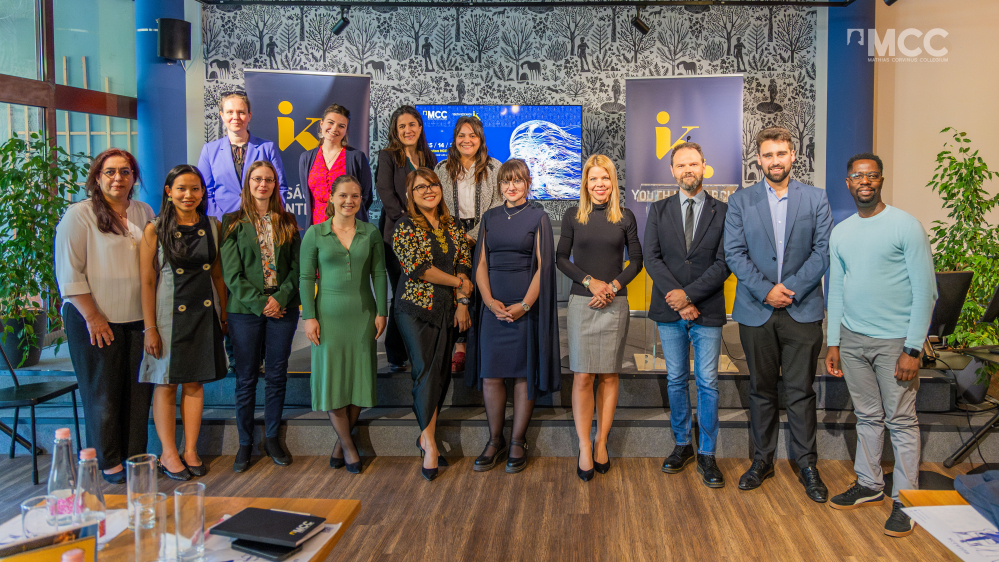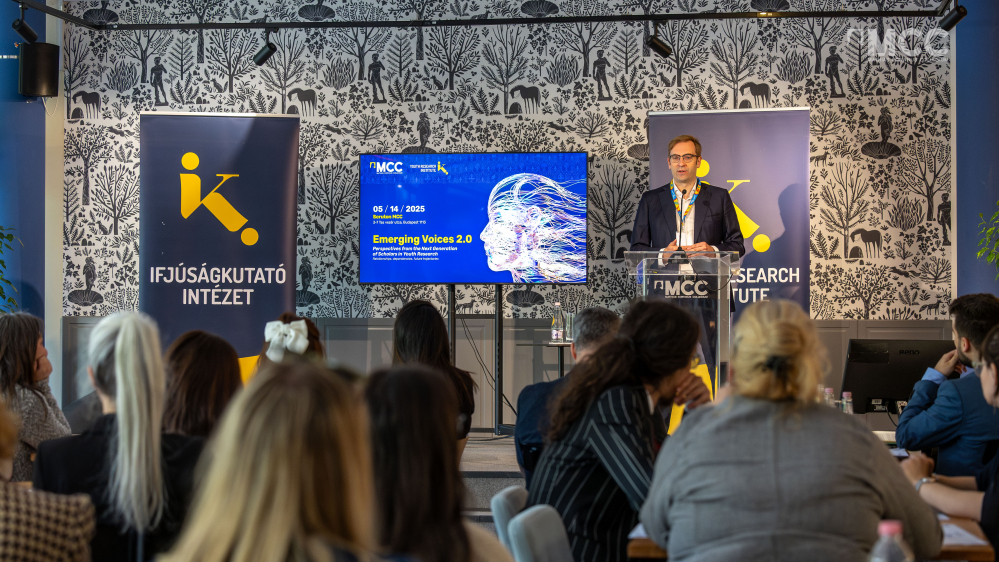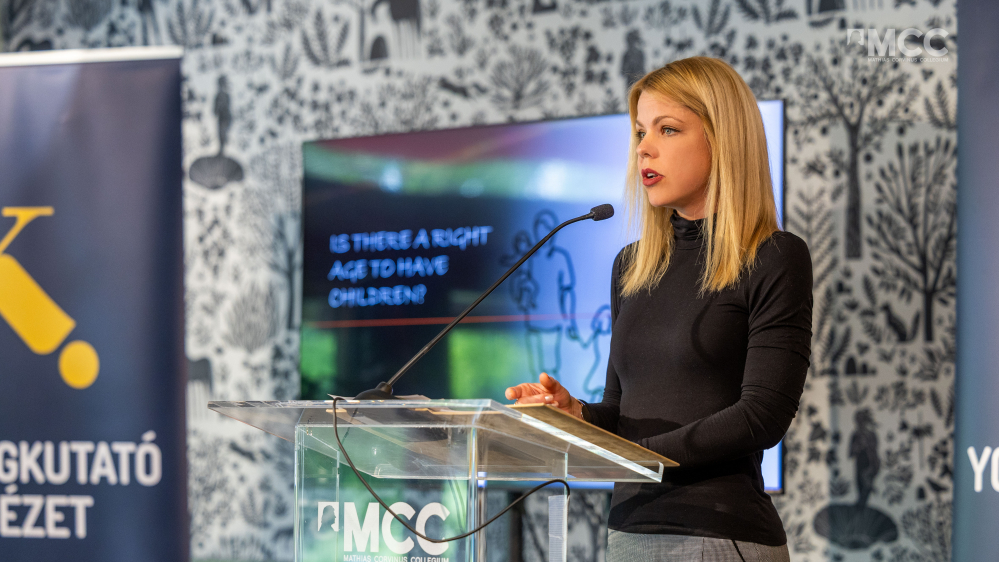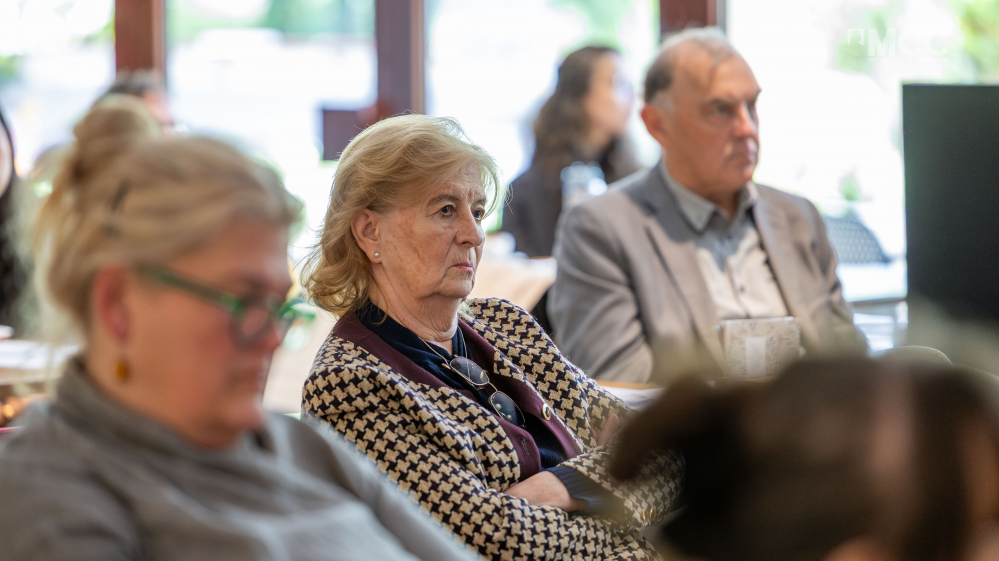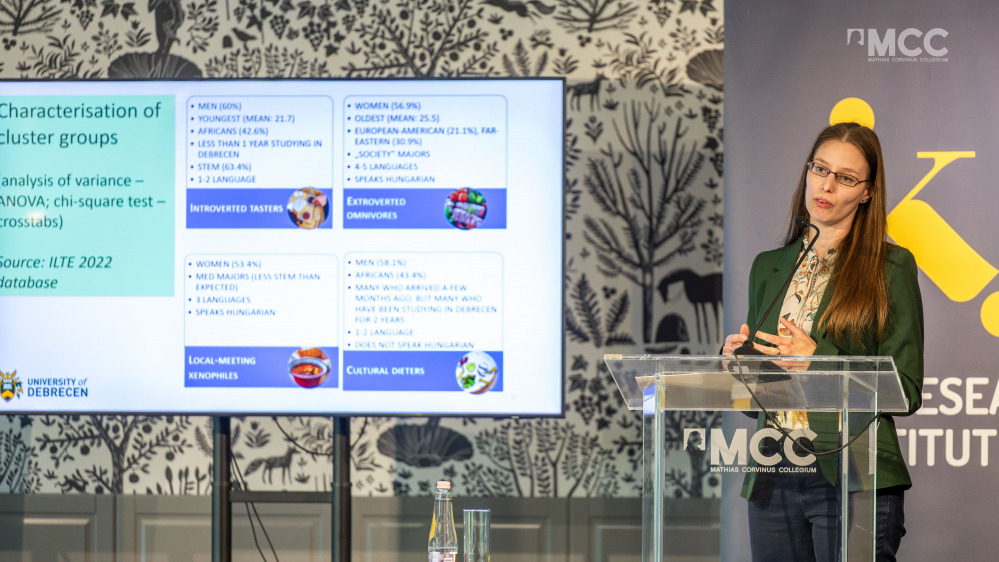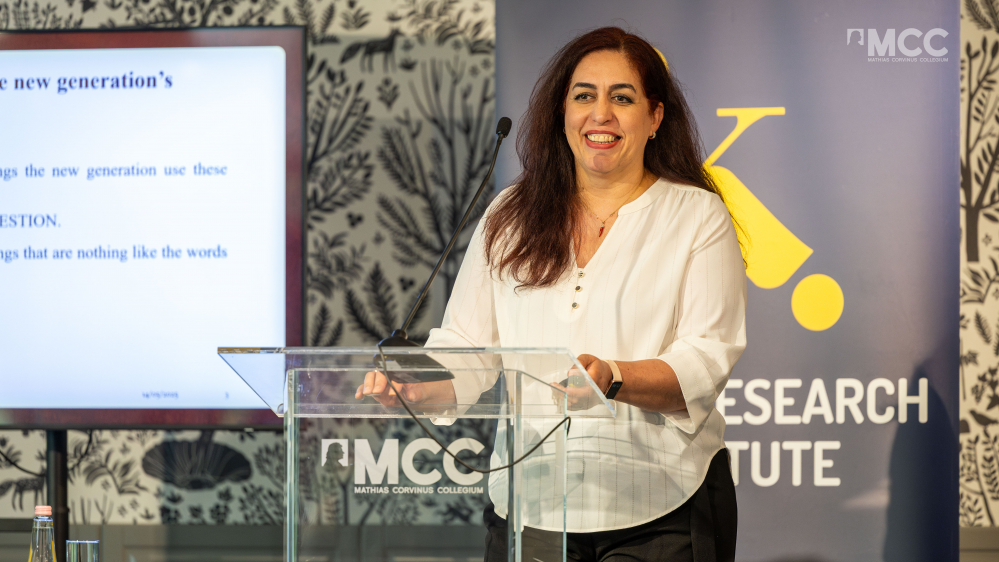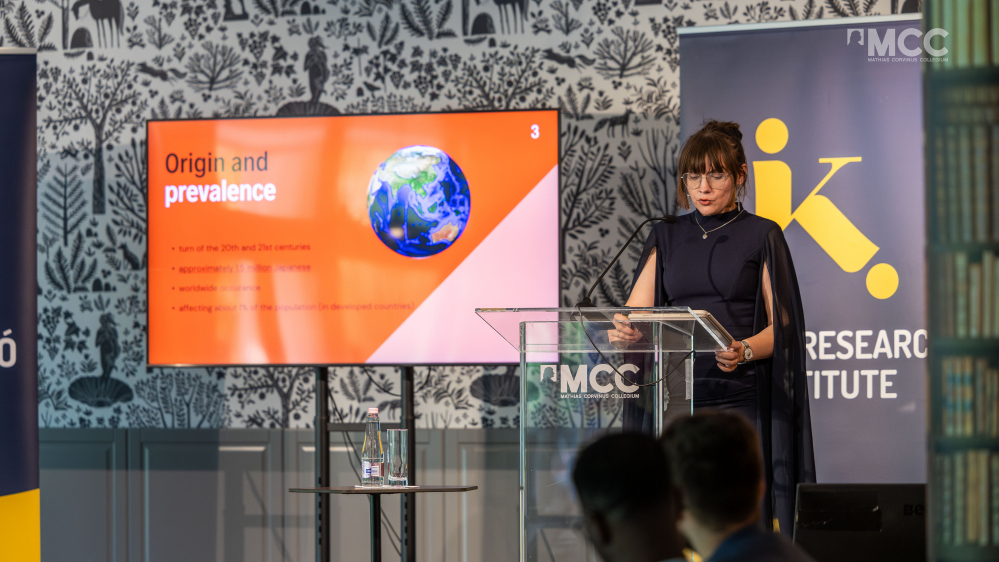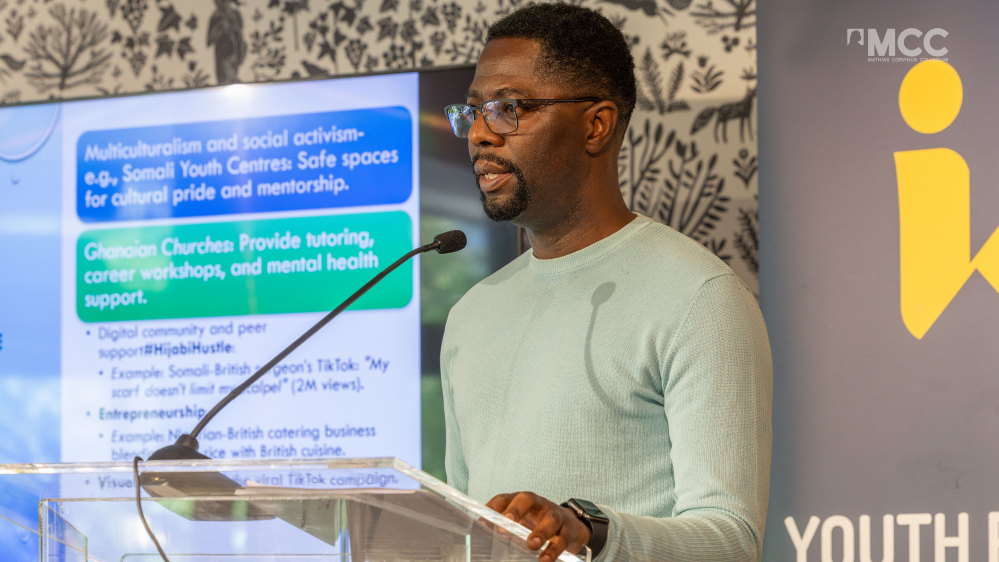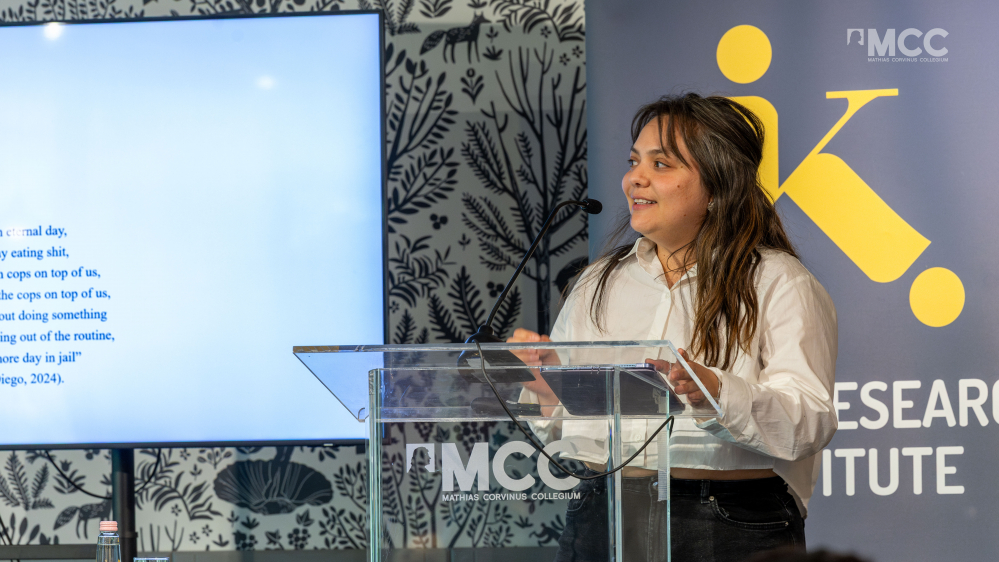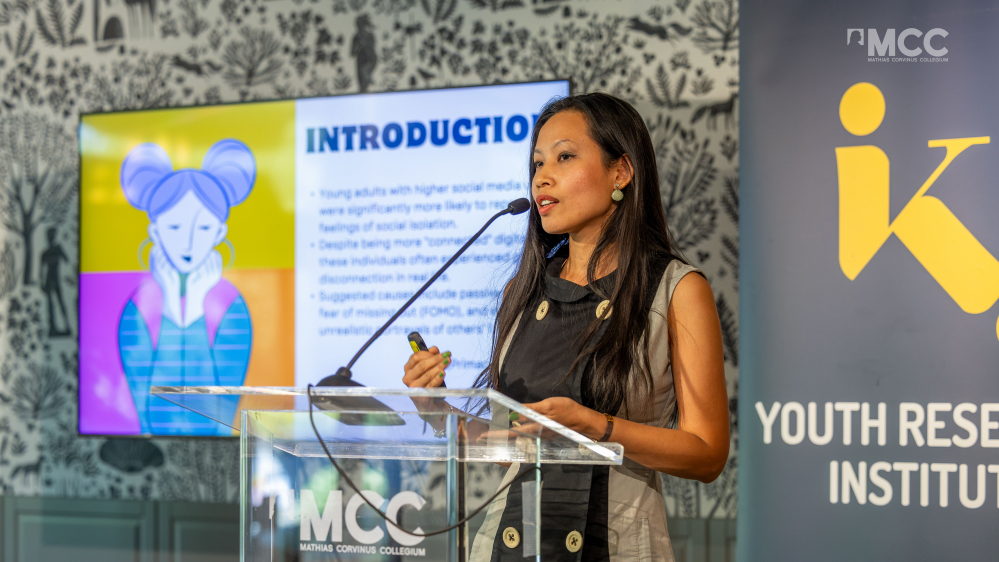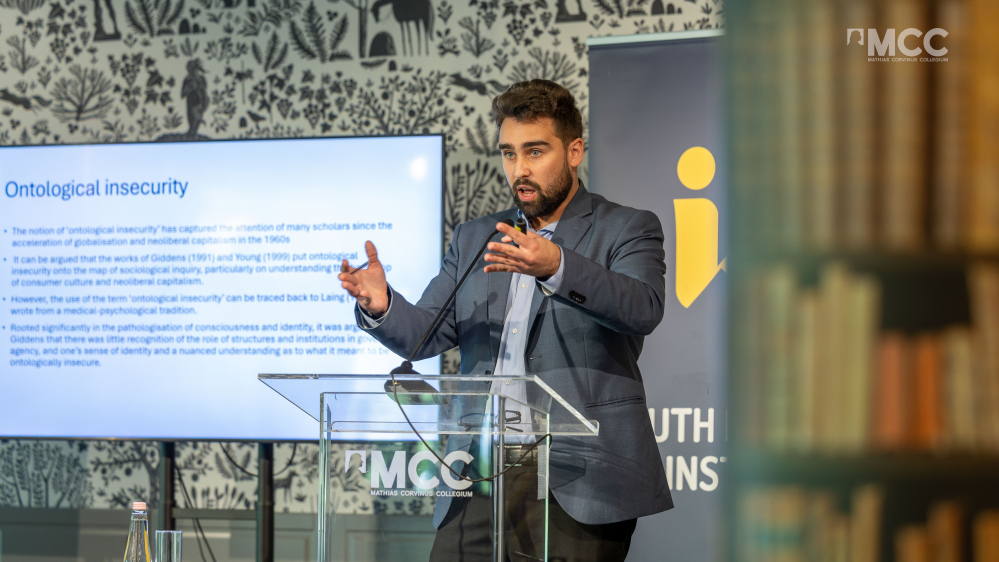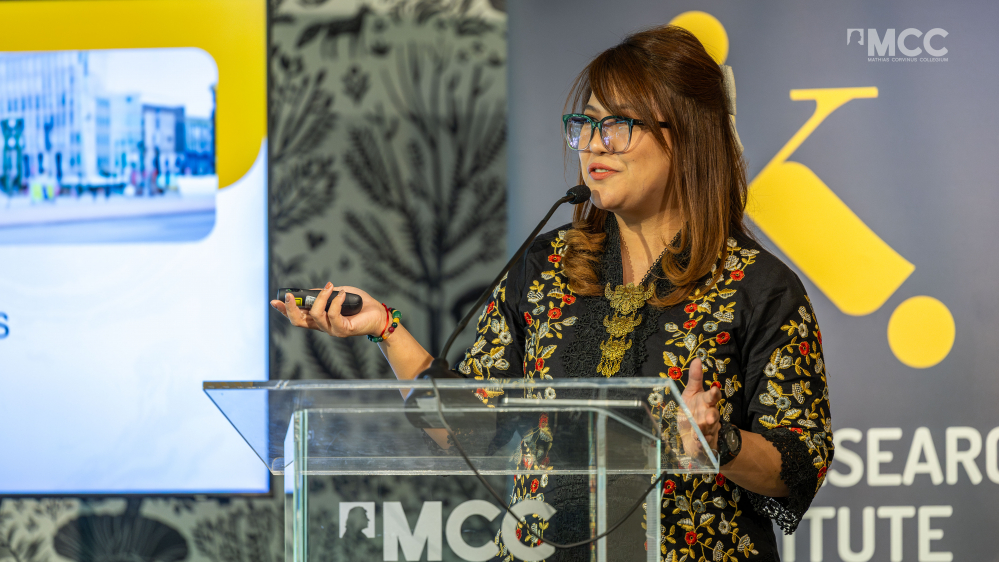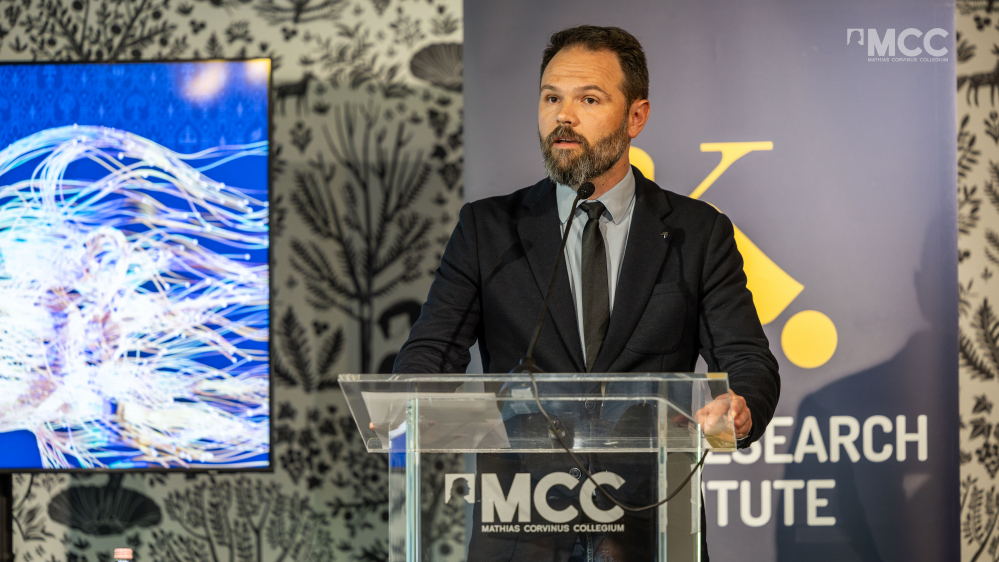At the recent "Emerging Voices 2.0" conference, the Youth Research Institute hosted a panel discussion exploring the evolving landscape of youth social relationships, focusing on family, friendship, and community. The second panel featured researchers from Hungarian universities, each examining how contemporary youth navigate their social worlds amidst globalization, technological shifts, and cultural complexities.
Ilona Dabney-Fekete and Ágnes Réka Dusa from the University of Debrecen presented their study on the social integration experiences of international students in Hungarian higher education. Hungary has seen a surge in international student enrollment, surpassing EU and OECD averages, with a significant number of students coming from non-European countries. In Debrecen, this influx has highlighted the challenges of cultural adaptation. The researchers surveyed students via the NEPTUN platform, asking how deeply they had engaged with Hungarian culture—through trying local cuisine, listening to Hungarian music, and making connections with locals. Despite difficulties in gathering responses, their cluster analysis identified four distinct groups: “Introverted Tasters,” primarily men from African countries enrolled in STEM programs and newer arrivals who have had limited cultural interaction; “Extroverted Omnivores,” older, multilingual women from Europe and the USA, often in social sciences, who actively engage with the local culture; “Local Meeting Xenophiles,” mostly women in medical fields who are open to building local relationships; and “Cultural Dieters,” a varied group of typically African men, with mixed lengths of stay and limited cultural engagement. The researchers emphasized that the greater the cultural distance between students’ home countries and Hungary, the more intense the culture shock, which significantly impacts their social integration.
Fatemeh Faroughi, also from the University of Debrecen, explored the widening communication gap between generations in Persian diaspora families living in the UAE, particularly focusing on bilingual and multilingual youth educated in international programs such as the International Baccalaureate (IB). Drawing on Marc Prensky’s (2001) concept of digital natives versus digital immigrants, Faroughi illustrated how Persian teenagers, fluent in English and often other languages, are becoming increasingly incomprehensible to their often monolingual parents. English functions as a lingua franca in Dubai’s diverse environment, but mother tongue education is inconsistently available, forcing families to mix and match language learning through fragmented courses and environments. In a playful yet telling experiment, students and their parents were quizzed on each other’s slang, revealing stark generational divides. While teenagers overwhelmingly failed to identify outdated parental slang, parents struggled as well, with evidence suggesting some resorted to "cheating" despite instructions not to seek outside help. Faroughi noted that fathers were generally less in tune with their children's language than mothers, and the acquisition of English often comes at the cost of maintaining Persian, leading to a loss that extends beyond communication, eroding cultural identity and belonging.
Miklós Gyorgyovich of Károli Gáspár University of the Reformed Church addressed a broader, Europe-wide phenomenon in his presentation on the paradox of youth community-seeking amid a growing crisis of trust. Analyzing data from 2002 to 2018, Gyorgyovich traced a fluctuating trajectory of interpersonal trust among European youth aged 18-29, noting sharp declines during the 2008 financial crisis and after 2016, interspersed with periods of recovery. He demonstrated that trust levels are closely tied to socio-economic conditions and vary by region. Lower Human Development Index (HDI) countries consistently showed lower levels of both trust and communitarian engagement. However, the relationship between trust and community involvement is neither linear nor uniform. In post-Soviet countries, for example, historical experiences with forced collectivism have bred a deep suspicion of communal institutions, yet strong trust persists within closed familial and friendship circles, as seen in the Balkan region. Gyorgyovich argued that in Central and Eastern Europe, collectivism manifests not as broad societal solidarity but as loyalty to small, tight-knit groups. Thus, while youth communitarianism is far from extinct, it is undergoing a profound transformation, shaped by cultural and historical legacies.
In a globalizing world, the nature of youth social relationships remains deeply complex and context-dependent, as these studies compellingly illustrate.


